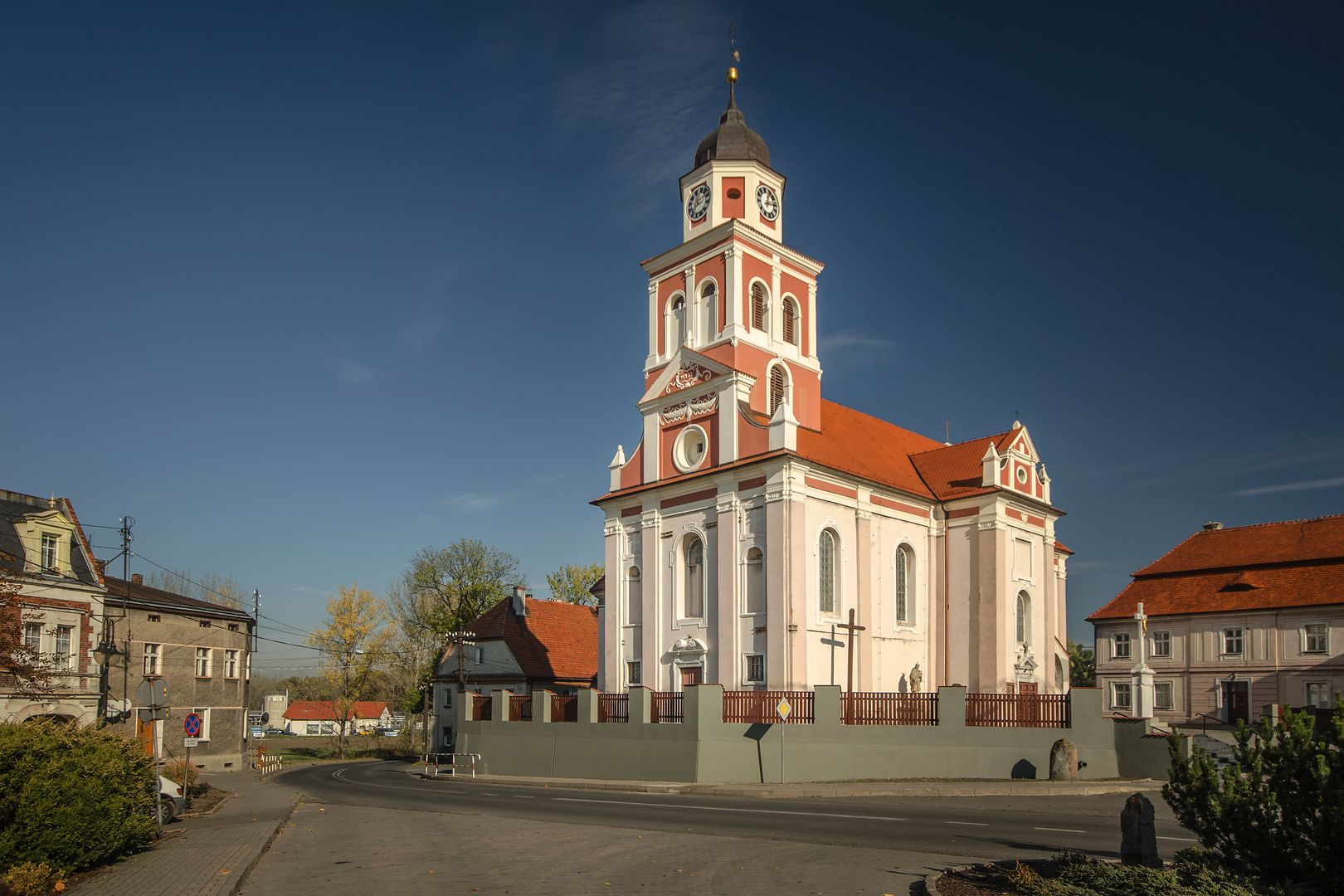Proskau
6.38

Overview
Proskau, located in the Opole Voivodeship of Upper Silesia, was granted town rights in 1560, lost them in 1915, and regained them once again in 2004. The town has a rich history, dating back to its first mentions in 1250, and was known as the property of the Prószkowski family from the 14th century. In 1563, a Renaissance castle was built, which was remodeled several times, including in the 18th century in the Baroque style. The castle and its complex, including the park, are significant architectural features of Proskau. The town is notable for its faience manufactory, established in 1764 by Count Leopold Prószkowski, which supplied unique ceramic products until 1850. The Royal Agricultural Academy, and later educational institutions, played a significant role in the cultural development of Proskau, influencing the growth of the horticulture region. The cholera epidemic in 1831 and the plebiscite in 1921, in which the majority of residents voted for Germany, are important moments in the town's history. Interestingly, on July 29, 1921, Proskau recorded the highest temperature in the territories of present-day Poland, reaching 40.2°C. In Proskau, it is worth visiting the parish church of St. George, a Baroque structure from the 17th century, and the castle complex, which stands as a testament to its historical heritage. The town cooperates with partner cities such as Pruszków and Hünfeld, highlighting its cultural and social significance in a broader context.
Location
2026 Wizytor | All Rights Reserved